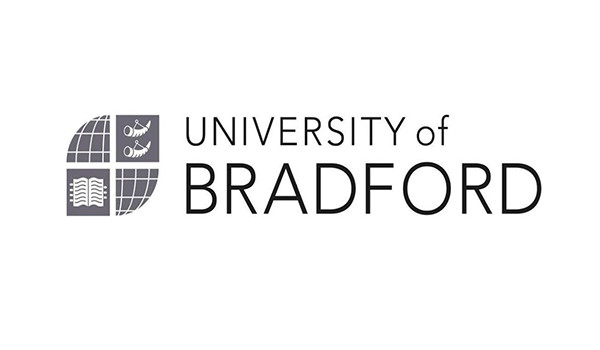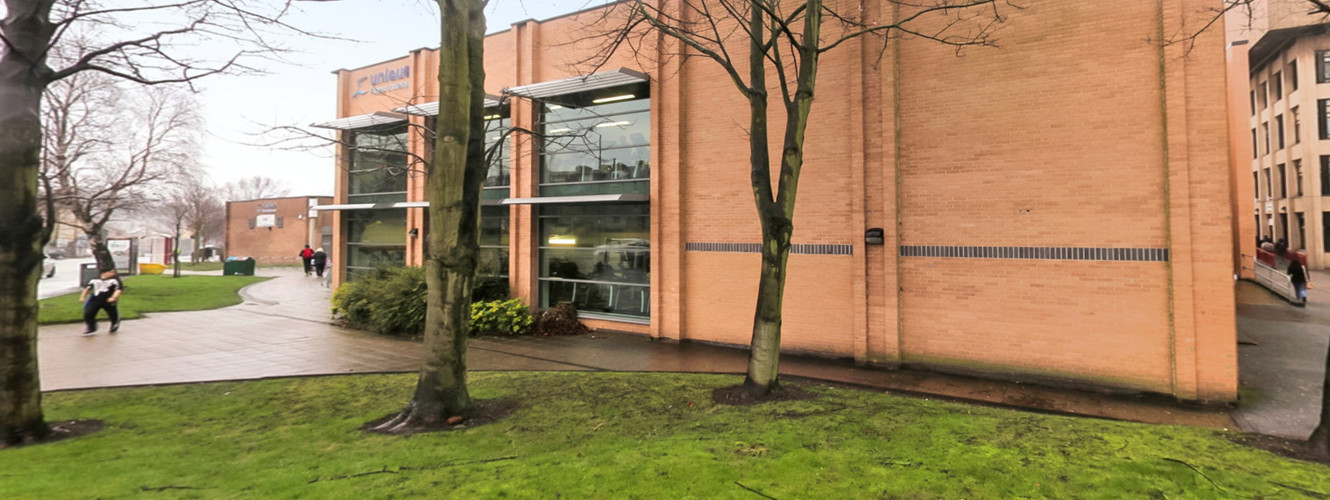UK96 MSc Occupational Science University of Bradford
-
THÔNG TIN CHUNG
This new MSc in Occupational Science is the only programme of its kind in the UK. Occupational science is the scientific study of humans as occupational beings. Occupational scientists study the impact of culture, environment and society on health and well-being. Whilst occupational science is not occupational therapy, it is the academic discipline that informs and shapes occupational therapy practice.
This programme has been designed to meet the demands of an evolving healthcare system and to provide a deeper understanding of occupation and its application to society. Occupational therapists are increasingly working in multi-disciplinary teams, with traditional, diverse and emerging populations. The specialism of occupational therapy and the use of occupation as a framework for assessment, treatment and review of service user need has a key role in meeting current and emerging 21st Century challenges. A sound understanding of occupation and its application to phenomena, populations, communities, cultures, environments, disorders, disabilities and illness is therefore needed to support and guide the developing occupational therapy workforce.
This programme is primarily designed for students with an undergraduate qualification in occupational therapy, but is also available for humanities, public health and social policy graduates who wish to study at MSc level a specialist subject that has practical applications and relevance outside of occupational therapy.
This programme provides opportunities for newly graduated and experienced staff to develop higher levels of mastery in their profession, providing modular content which can be tailored specifically to areas of specialism. The program provides modules that align with the pillars defined in the Advanced Clinical Practice Framework. This includes modules to develop clinical practice, leadership and management through the study of core and optional elements. Optional elements have been further enriched with the inclusion of Post Graduate modules from the Peace Studies and Psychology programmes. Dissertation will involve the investigation of phenomena as it relates to occupation, society and people. A blended learning approach that includes Research Led Teaching, face-to-face on-campus delivery and aspects of distance learning will be adopted. This programme is also available part-time.
Our undergraduate Occupational Therapy programme is ranked third in the UK and has a well-established reputation for innovation, entrepreneurship and the practical application of occupational science to phenomena.
-
CƠ HỘI NGHỀ NGHIỆP
Occupational therapists are now expected to not only be competent in understanding research but to engage in primary research to develop the evidence base for occupational therapy. This has created increasing demand for postgraduate training.
A review conducted by The NHS England and NHS Improvement board (2019) recognised that career progression opportunities for allied health professionals tended to have a singular focus via clinical specialism, research pathway, educational roles, or leadership and management. However, high numbers of the workforce felt that if they chose managerial and leadership roles, they would be forced to give up on clinical specialism and practice. Because of this many allied health professionals did not step into management posts because they felt they had worked hard to attain the levels of specialism they had and did not want to give up these aspects of their career. The review proposed that allied health professionals should be encouraged to retain their clinical expertise and practice as well as being supported into leadership roles. This MSc programme maps onto these proposals, enabling practitioners to enhance clinical knowledge whist also engaging in leadership and managerial development.
The Royal College of Occupational Therapists (2019) RCOT research and development strategy 2019–2024 aims to support the development of research confidence, capability and capacity within the occupational therapy workforce. The strategy supports the need for occupational therapists to engage in research to further develop the evidence base which underpins OT practice. This requires all occupational therapists to actively engage in research activities. However, the strategy recognises that many existing occupational therapists lack the skills to do so and require further training. In addition many occupational therapists prioritise their roles as clinical practitioners thus find it challenging to envisage or engage in research activities. The MSc program includes specific research modules as core requirements, thus supporting practitioners understanding of research and the value of it in clinical practice. The final year dissertation module requires students to actively pursue primary research or a systematic review that may or may not relate to their practice. Additionally other modules within the program develop studentsunderstanding and confidence in appreciating and using evidence and research, thus familiarising students with research concepts and principles of practice. Students will be encouraged and supported to publish their work.
- ĐIỀU KIỆN ĐẦU VÀO
- ĐIỀU KIỆN NGÔN NGỮ
- HỌC BỔNG
- ĐỊA ĐIỂM
Tóm tắt
-
Phí ghi danh
0
-
Độ dài khoá học
1 năm
-
Kỳ nhập học
Tháng 9
Phí Cơ Bản
-
Loại Tiền
-
Học Phí
Trên năm -
Phí Sinh Hoạt
Trên năm -
Tổng






